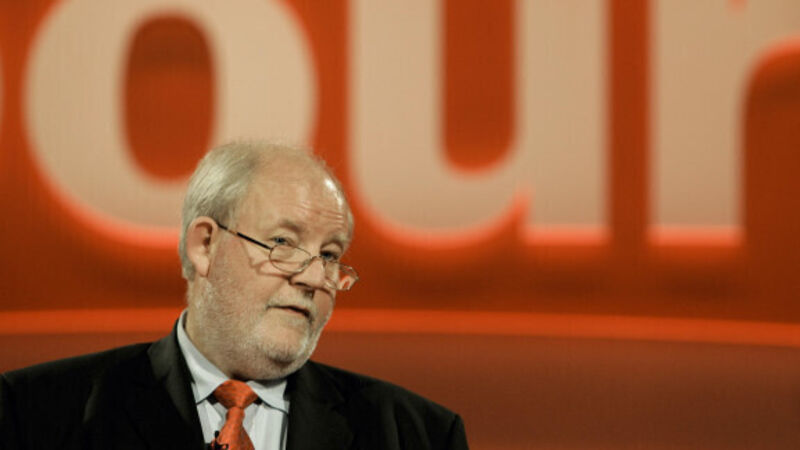EU plans loan deal to spur reform

The idea is to spur reform in areas like labour policy, vocational training or the judicial system, the official said.
The loans could be made available to smaller countries that don’t have reliable market access, while bigger nations might benefit from looser budget targets in exchange for reform commitments, the official said.
















